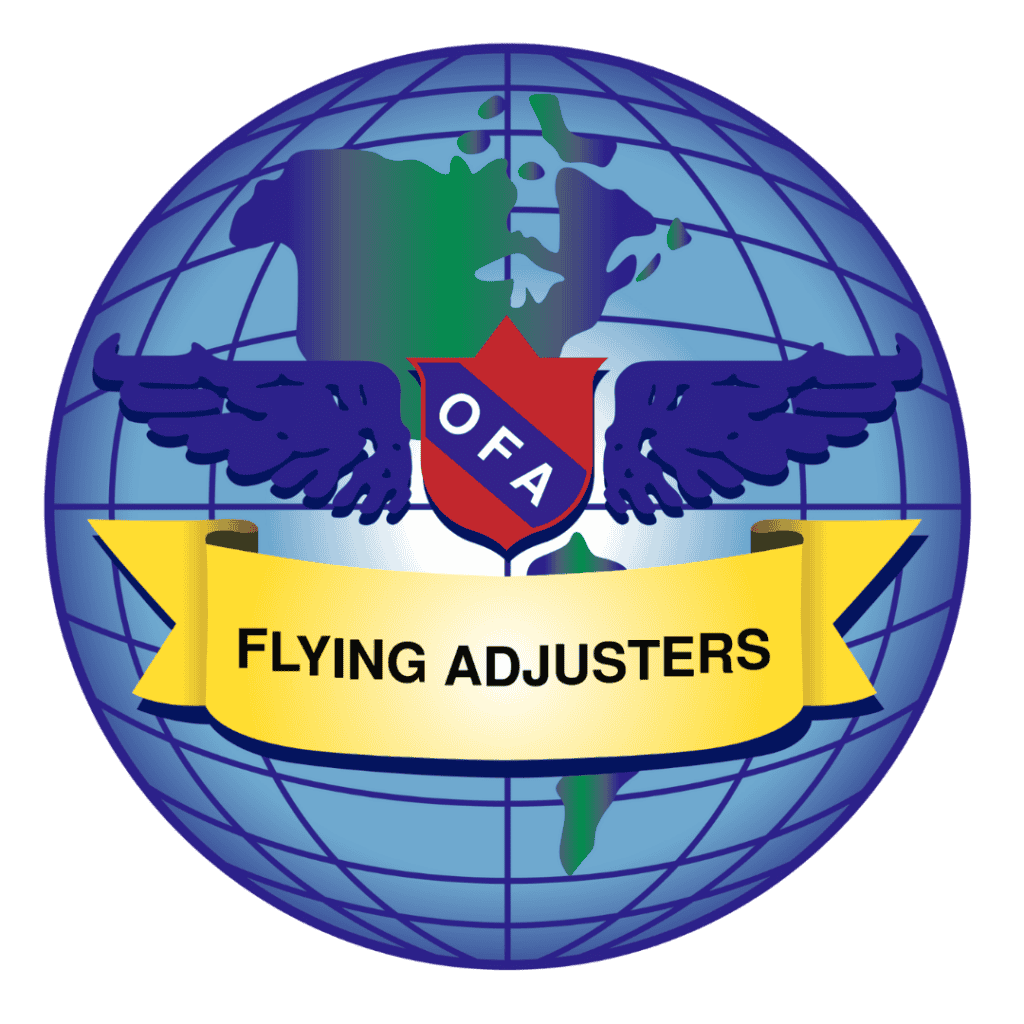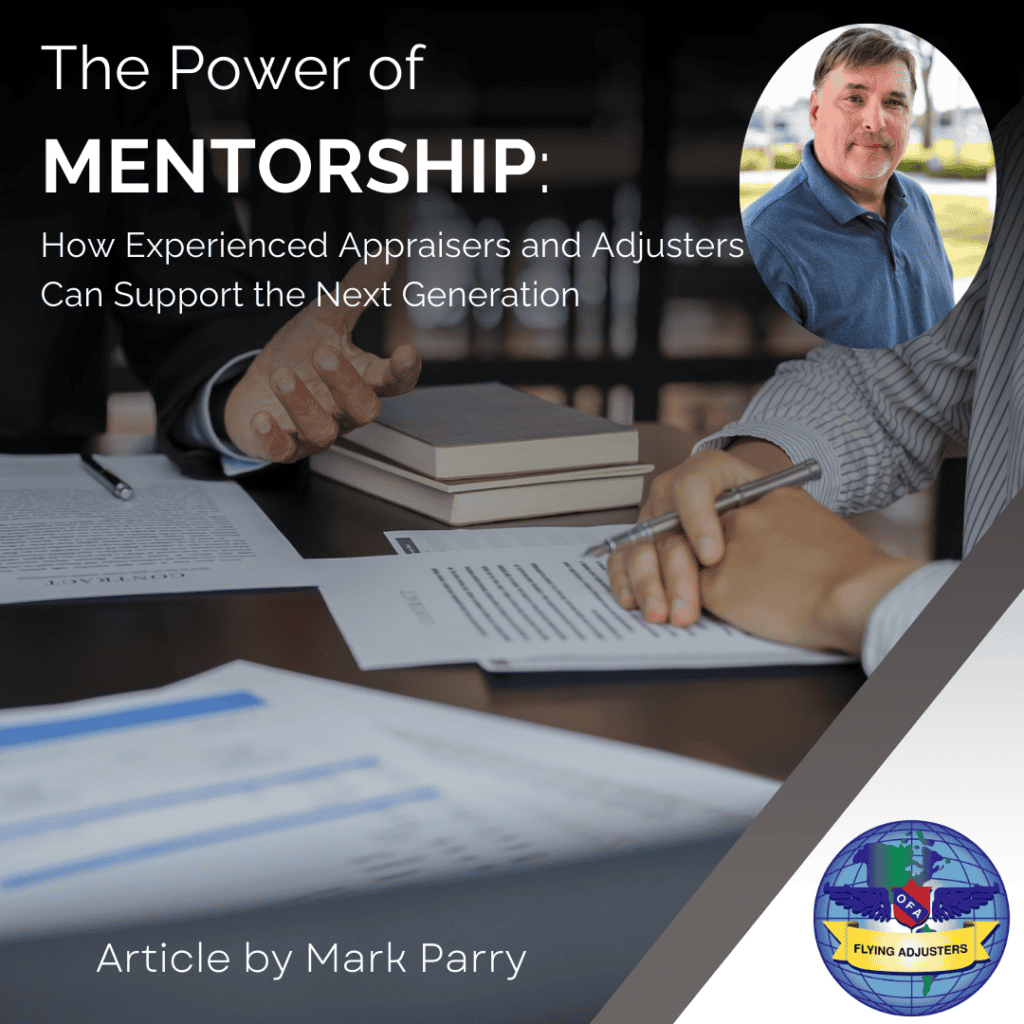The Power of Mentorship: How Experienced Appraisers and Adjusters Can Support the Next Generation
The aviation industry stands at a critical juncture, facing a significant talent shortage as a substantial portion of its workforce approaches retirement. This demographic shift presents both challenges and opportunities, particularly in the field of aviation claims adjusting. Experienced adjusters possess invaluable knowledge and skills that are essential to the industry’s future. By embracing mentorship, these seasoned professionals can play a pivotal role in guiding the next generation, ensuring the continuity and growth of the sector.
The Demographic Landscape of the Aviation Industry
Recent data underscores the urgency of addressing the impending workforce gap:
• Pilot Retirements: Over the next 15 years, nearly 50% of current commercial airline pilots are expected to retire. This projection highlights a significant imbalance, with 70% more pilots aged between 43 and 64 than those aged 21 to 42. This disparity suggests a looming shortage of qualified pilots in the near future.
• Aging Maintenance Technicians: The Aviation Technician Education Council reports that by 2027, approximately 27% of the aviation maintenance workforce will reach retirement age. This statistic indicates that a significant portion of the current maintenance technicians are expected to retire in the next 10-15 years, exacerbating the need for skilled replacements.
• Air Traffic Controllers: The Federal Aviation Administration (FAA) is currently facing a shortage of 3,500 air traffic controllers, with the number of fully certified controllers decreasing from 11,800 in 2012 to 10,800 in recent years. This shortfall is attributed to slow hiring processes and a wave of retirements, underscoring the need for accelerated training and recruitment efforts.
These statistics paint a clear picture: a substantial segment of the aviation workforce is on the brink of retirement, and the influx of new professionals is insufficient to bridge the impending gap. While the demographics of aircraft appraisers and insurance adjusters hasn’t been as closely studied, we’ve seen the correlation firsthand as we attend retirement parties and don’t see many young faces at conferences!
The Role of Mentorship in Bridging the Gap
Mentorship emerges as a powerful strategy to address this workforce challenge. By fostering relationships between experienced adjusters and newcomers, the industry can ensure the transfer of critical knowledge, skills, and best practices. Here’s how mentorship can make a difference:
1. Knowledge Transfer: Seasoned adjusters have accumulated a wealth of experience, from navigating complex claims to understanding nuanced regulatory environments. Through mentorship, they can impart this expertise to less experienced colleagues, preserving institutional knowledge.
2. Skill Development: Mentors can provide hands-on training, guiding mentees through real-world scenarios and refining their technical skills. This practical experience is invaluable in building competence and confidence.
3. Professional Networking: Mentorship often opens doors to broader professional networks. Mentees gain access to industry contacts, conferences, and professional groups, facilitating career growth and opportunities.
4. Career Guidance: Navigating a career in aviation claims adjusting can be complex. Mentors offer personalized advice, helping mentees set career goals, identify opportunities for advancement, and make informed decisions.
5. Retention and Engagement: Employees who receive mentorship are more likely to feel valued and engaged, leading to higher retention rates. This stability benefits both the individual and the organization.
Implementing Effective Mentorship Programs
For mentorship to yield meaningful results, it must be thoughtfully implemented. Organizations can consider the following strategies:
• Structured Programs: Develop formal mentorship programs with clear objectives, expectations, and timelines. Structured programs provide a framework that benefits both mentors and mentees.
• Training for Mentors: Equip mentors with the tools and training they need to be effective. This includes communication skills, coaching techniques, and an understanding of generational differences.
• Matching Process: Pair mentors and mentees based on compatible goals, areas of expertise, and personalities. Thoughtful matching enhances the effectiveness of the mentorship relationship.
• Regular Feedback: Establish channels for regular feedback to assess the program’s effectiveness and make necessary adjustments. Continuous improvement ensures the program remains relevant and impactful.
• Recognition and Incentives: Acknowledge the contributions of mentors and mentees. Recognition can motivate continued participation and highlight the program’s value to the organization.
Training Opportunities for Aspiring Adjusters
In addition to mentorship, accessible training programs are vital for preparing the next generation of aviation professionals. One such opportunity is offered by Global Aircraft Group:
Become a Certified Appraiser with Global Aircraft Group
Global Aircraft Group provides a comprehensive training program designed to equip individuals with the skills necessary to excel in aircraft appraisal and certification. Key features of the program include:
• Comprehensive Curriculum: The program covers essential topics such as aircraft valuation, market analysis, and certification processes, ensuring participants gain a well-rounded understanding of the field.
• Expert Instructors: Led by industry veterans with decades of experience, the training offers insights from professionals who have navigated the complexities of aviation appraisal.
• Flexible Learning: With online modules accessible at any time, professionals can learn at their own pace, accommodating various schedules and commitments.
• Certification: Upon completion, graduates receive a recognized certification, enhancing their credentials and positioning them competitively in the global aviation market.
Mark Parry, President of Global Aircraft Group, emphasizes the program’s value:
“We are thrilled to offer a training program that equips aviation professionals with the knowledge and skills needed for accurate aircraft appraisal and certification. Our goal is to provide top-notch education that supports career advancement and industry standards.”
For more information and to enroll, visit Global Aircraft Group’s Certified Appraiser Program.
Get Involved with the OFA
Interested in furthering your expertise in aviation claims? The OFA community provides ongoing professional development, industry networking, and exclusive access to educational resources. Join today and take your aviation adjusting career to new heights!

